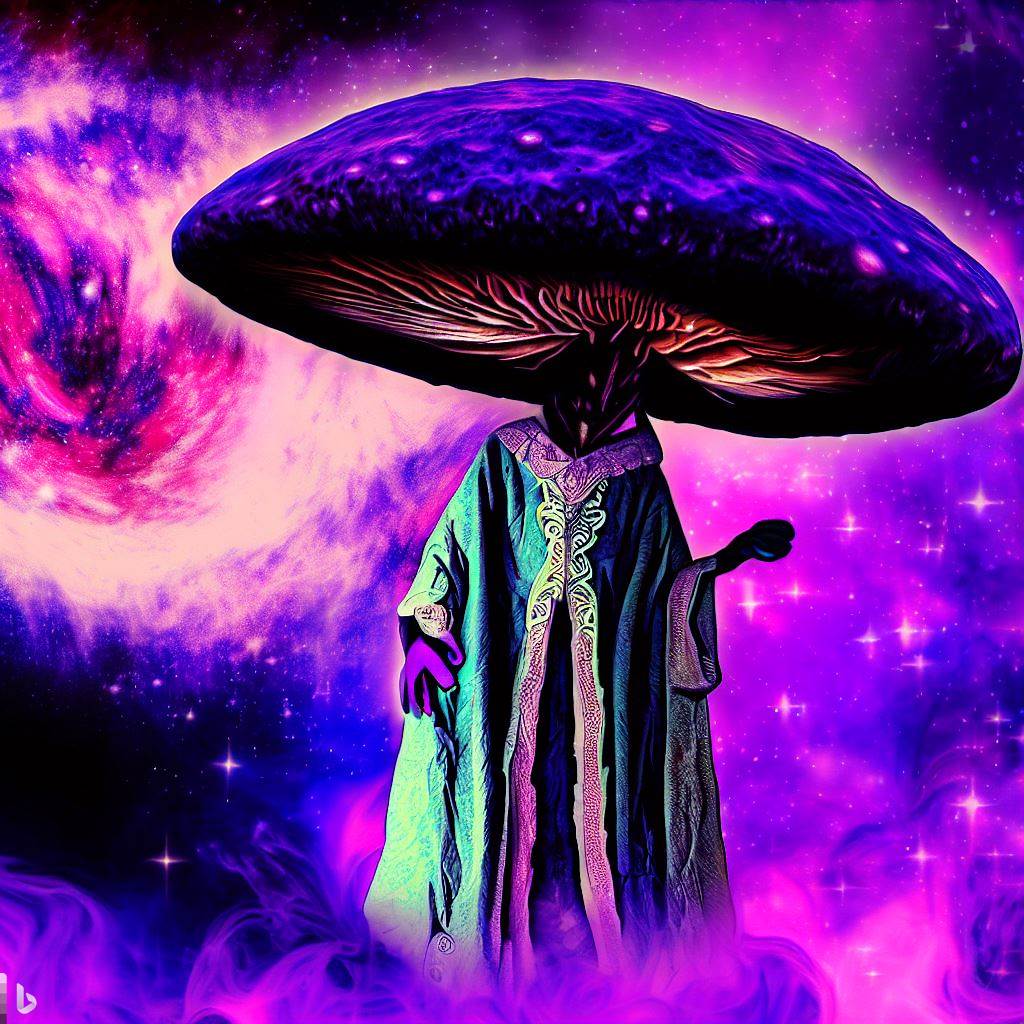That’s silly. Vampires can only enter when invited. A warrant is not an invitation.
What if the judge uses eminent domain to legally take ownership of the house when handing out the warrent? The state would become legal owner of the house, sends in the vampire police, and hand it back to the original owner later?
I like the rule lawyering, but the fuzzy conception of vampire law is that they require an invitation to enter a home, but nobody would expect an abandoned home to stop them, indicating a holistic rather than a technical definition. The state can repossess the home, but if the entire police force is vampires they’ll be unable to cross the threshold so long as those living there view it as a home.
For example, a worker drone that keeps a bed at their office and lives there part-time, it makes sense that a vampire could enter their office without invitation because it isn’t a home despite living there. However, alter the situation to an even sadder worker drone that lives full-time in their office and considers it to be their home, can the vampire enter? I posit nay, the vampire will need an invitation to enter their sad office home.
Or if the actual owner is the bank that the resident is in debt with. You fail to pay your debt and the bank invites repossessers and the police to evict you and take your stuff.
If I was a vampire, I’d definitely look for a job as a repossesser or a cop.
You’d be really bad at your job since magic cares not for the laws of man
It’s not about house ownership. You can be in someone elses house and still not let them in.
The concept is that the people INSIDE the house must let the vampire OUTSIDE in. A warrant doesn’t accomplish that.
So you could steal a vampires house by going there when he’s not home, and then just not let him come back in?
Maybe this is why they dont like to go out much.
Could the property owner invite a vampire into a tenants apartment?
How about if you rent out a room, could the tenant invite the vampire into your house?
Vampires don’t care about ownership. If you’re in the house they want in, you can invite them in.
So, if someone invites a vampire to an apartment building he is free to roam in peoples homes?
Vampires try to stay away from apartments. They’d need permission to enter the building and permissions for each apartment it wishes to enter. Unfortunately, once in new york city in the 1800’s a vampire was getting a meal at a new apartment complex and had permission to the building. As he was making his way through trying to get an invite into an appointment he went to one of the penthouses that take up a whole floor. As soon as the elevator opened he’d made entry to a home without permission and turned to dust. So vampires have been weary of apartment buildings since.
They must be the masterminds behind the suburbs then!
I say no. It’s like if I give a vampire permission to enter my neighbor’s house - that won’t work.
The only difference between me and a judge is legal authority. Why should vampire magic care about the laws of man?
Why should it care about the religion of man, then?
For that matter, why should it care about the invitation of man?
If there are rules a vampire must follow, and those rules can be satisfied through the agency of human beings, having been interpreted by human beings, then we have to consider what a human being means by invitation.
If a 4-year-old invites a vampire into his parents’ house, does that count? It’s not his house, either. If you think that a vampire can enter on the invitation of a 4-year-old then you must concede that people other than the owner can invite someone in. If you think that invitation is not valid, then you must concede that a vampire respects a hierarchy of rights.
I think that the state asserts a right to invite other people into your house which supersedes your right to prevent them. We call that overriding invitation a warrant.
I don’t agree with that at all.
I don’t think the deciding factor here is literal ownership - what does a vampire care if you’re owning, renting, paying a mortgage, or living with your parents? Rather, it makes most sense that the deciding factor to whether you can validly invite a vampire into a given location, is if that location is where you live. So the 4-year-old can invite the vampire in because the 4-year-old lives there. I might also accept that a vampire can be invited in by anyone who is already inside. There are plenty of more consistent options than just those you described.
In your hypothetical scenario, if vampires were to somehow gain control of the government, could they simply pass a law stating all vampires are invited in all domiciles? Legal systems change and can vary wildly depending on location - it’s silly to think they’d have an effect on something based in magic, not law.




